The body is the temple and we need to have the balance of mental and behavioural nuances. It requires our daily cognitive habits well in sync with the mental well-being to achieve an ideal mental and physical balance. If there exists a trigger in this well-being, it hampers the whole ambience. Many triggers are affecting the mental and behavioural health as elucidated below:
Behavioural health refers to how our daily cognitive habits affect our overall well-being, emotions, biology, and behaviour. It’s often used interchangeably with mental health, but is actually a far more expansive term that incorporates not just our mental wellness, but the way our thoughts play out in real life. Good behavioural health means engaging in behaviours that help you achieve an ideal mental and physical balance. That means exercising, eating a healthy diet, and taking necessary steps to manage an existing disease or injury.
A common brain disorder found in children and adults with inattention and/or impulsivity is Attention deficit hyperactivity disorder (ADHD). Diagnosis is done by a psychiatrist or neuropsychologist to reduce symptoms and improve functioning since there is no cure. Through medication, cognitive behavioural therapy, education or training, or a combination of treatments can improve the ADHD patient.

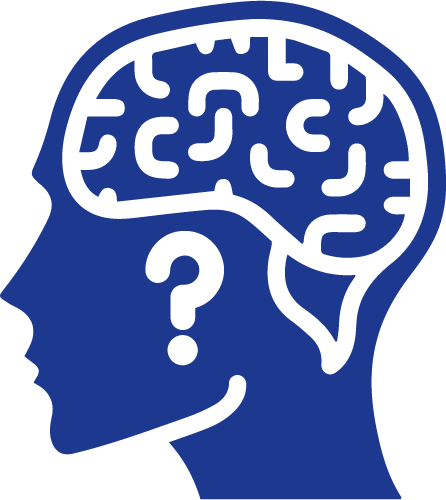
Attention deficit hyperactivity disorder (ADHD)
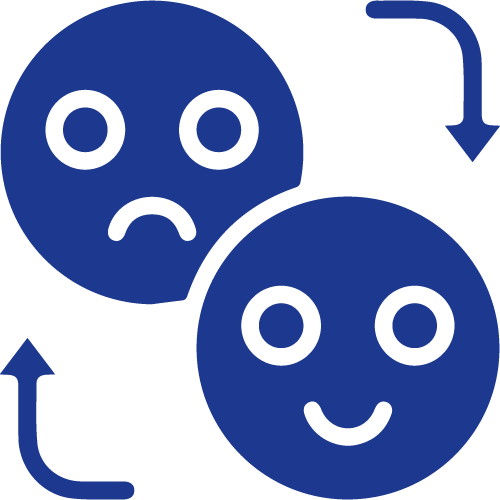
Bipolar disorder
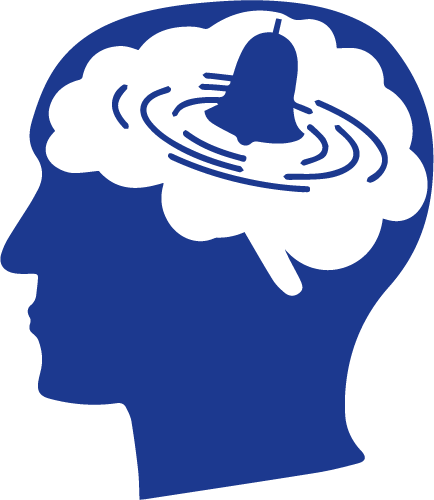
Anxiety disorders
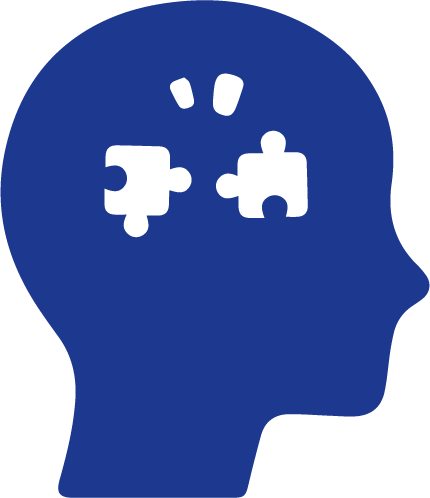
Autism spectrum disorder

Depression
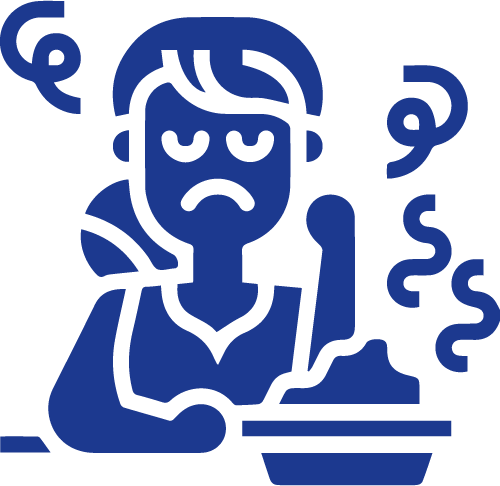
Eating disorders
Cognitive Neurology and Memory Disorders Program
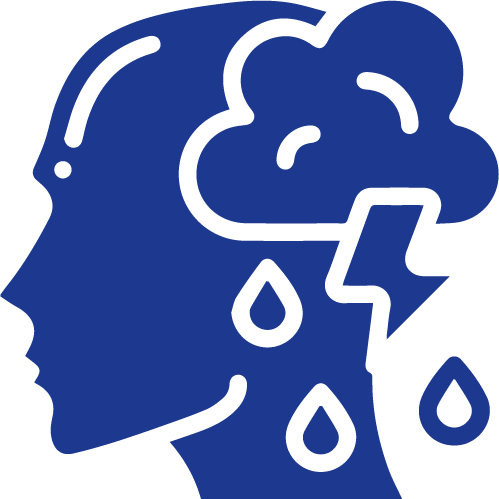
Neurocognitive Disorders
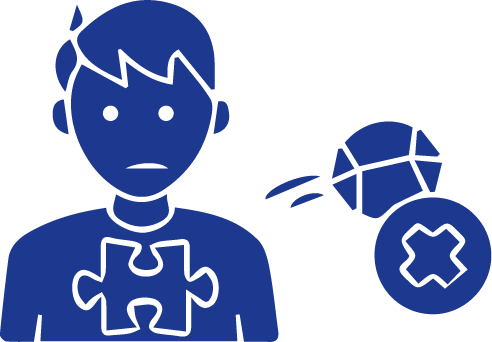
Neurodevelopmental disorders
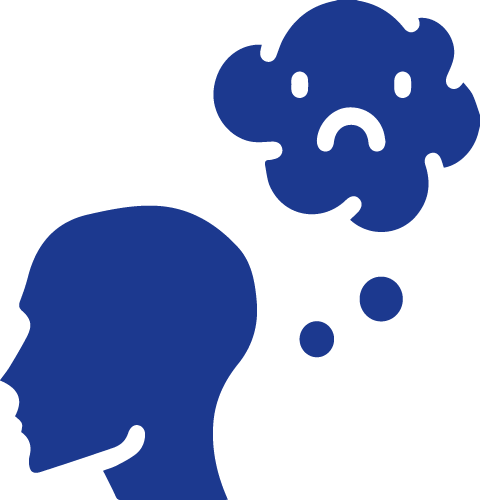
Obsessive compulsive disorder (OCD)
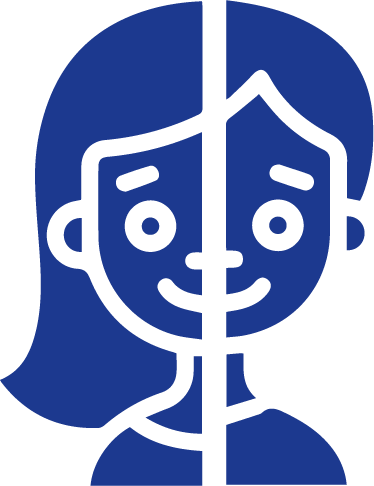
Personality disorders
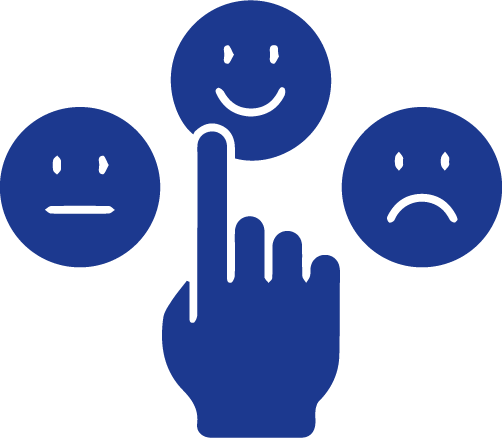
Postpartum depression
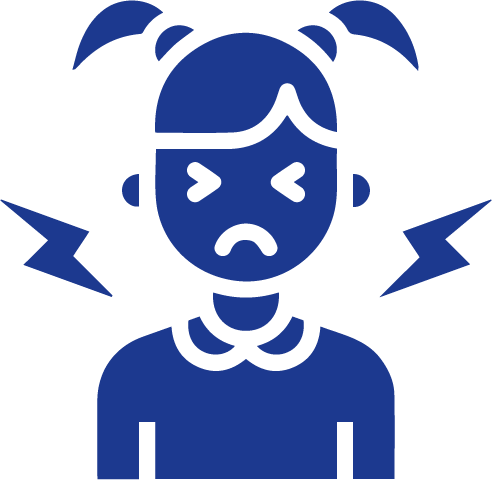
Posttraumatic stress disorder (PTSD)

Schizophrenia
Having major depressive disorder and bipolar disorder is affective disorder having mild to severe symptoms. They experience feelings of sadness and loss of interest. There is a loss of appetite and weight. They are unable to concentrate on having depression and mania. A psychiatric evaluation is needed for affective disorder with medication.
A group of illnesses characterized by overpowering worry and fear that interferes with leading a satisfying life is Anxiety disorder. Such individuals are in panic or fear, having sleep problems, shortness of breath and heart palpitations. The physician shall prescribe medication with regular exercise and changing the food habits with a balanced diet. He may also go for psychotherapy to help you lessen the symptoms.
A neurodevelopmental disorder that involves impairments in social communication and interaction is Autism spectrum disorder which begins in early childhood and persists throughout life. They have difficulty in establishing and maintaining relationships. They find it cumbersome in understanding the intentions and perspectives of others. They are unable to understand the social interaction leading to frustration. They can undergo behavioural and communication therapy during the preschool years. As they grow to adulthood, they can be trained to improve skills and functioning. Occupational therapy, speech therapy, and sensory integration techniques are more important for such children. Treatment for secondary mental health problems (medication and psychotherapy) may be important to the evaluation and neuropsychological assessment.
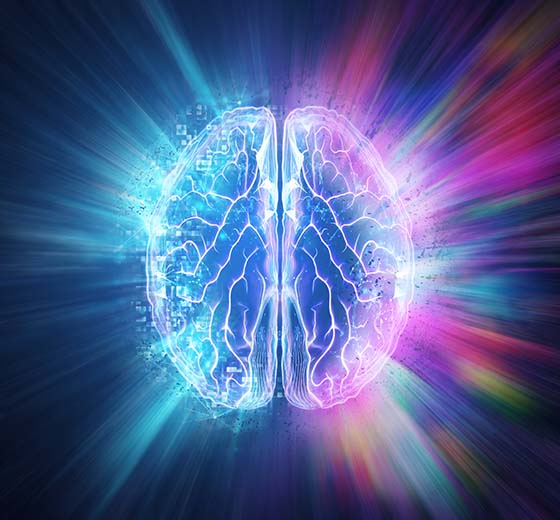
A disorder that most often causes extreme mood swings, from periods of abnormally elevated mood with periods of depression is Bipolar disorder. The individual is unusually energetic in a manic period, but become negative when in a period of depression, even thinking of suicidal tendency. Extreme changes in energy, activity and sleep accompany drastic changes in mood. The intensity of the changes depends on the mood swing of the individual with bipolar disorder. With medications and psychotherapy, one can change the most severe cases.
An individual with depression persistently depressed moods with loss of interest in activities. They have difficulties in concentrating, remembering or making decisions. With the loss of appetite, there is a weight loss. With medication and changes in the lifestyle changes working with a mental health professional can negate depression. Electroconvulsive Therapy (ECT) can be used by the psychiatrist to send a small amount of electrical current to the patient's brain, triggering a seizure that affects the entire brain and control mood, thinking, sleep and appetite. Repeated treatments can help the brain's chemical messages to reset to the original form of the patient.
Abnormal eating habits can negatively affect an individual’s physical and/or mental health. Anxiety disorders, depression and substance abuse are common among those with eating disorders. Early treatment is very important for the good of his/her chances for a full recovery. Treatment typically includes CBT and medication.
We at CURA have Cognitive Neurology and Memory Disorders Program have our a multidisciplinary team of neurologists, neuropsychologists, psychiatrists, genetic counsellors, social workers, nurses and other professional’s works together to determine the exact cause of the impairment by applying the latest behavioural, genetic and imaging tests to diagnose and treat a wide range of memory and behavioural problems. We have a comprehensive evaluation and have developed a personalized a treatment plan tailored to your individual strengths and weaknesses. You may also have the opportunity to participate in state-of-the-art observational research studies and advanced clinical trials. Neurodevelopmental disorders, Obsessive-compulsive disorder (OCD), personality disorders, postpartum depression, posttraumatic stress disorder (PTSD) and schizophrenia are treated well with specialized physicians.
Copyright © 2024. All Rights Reserved